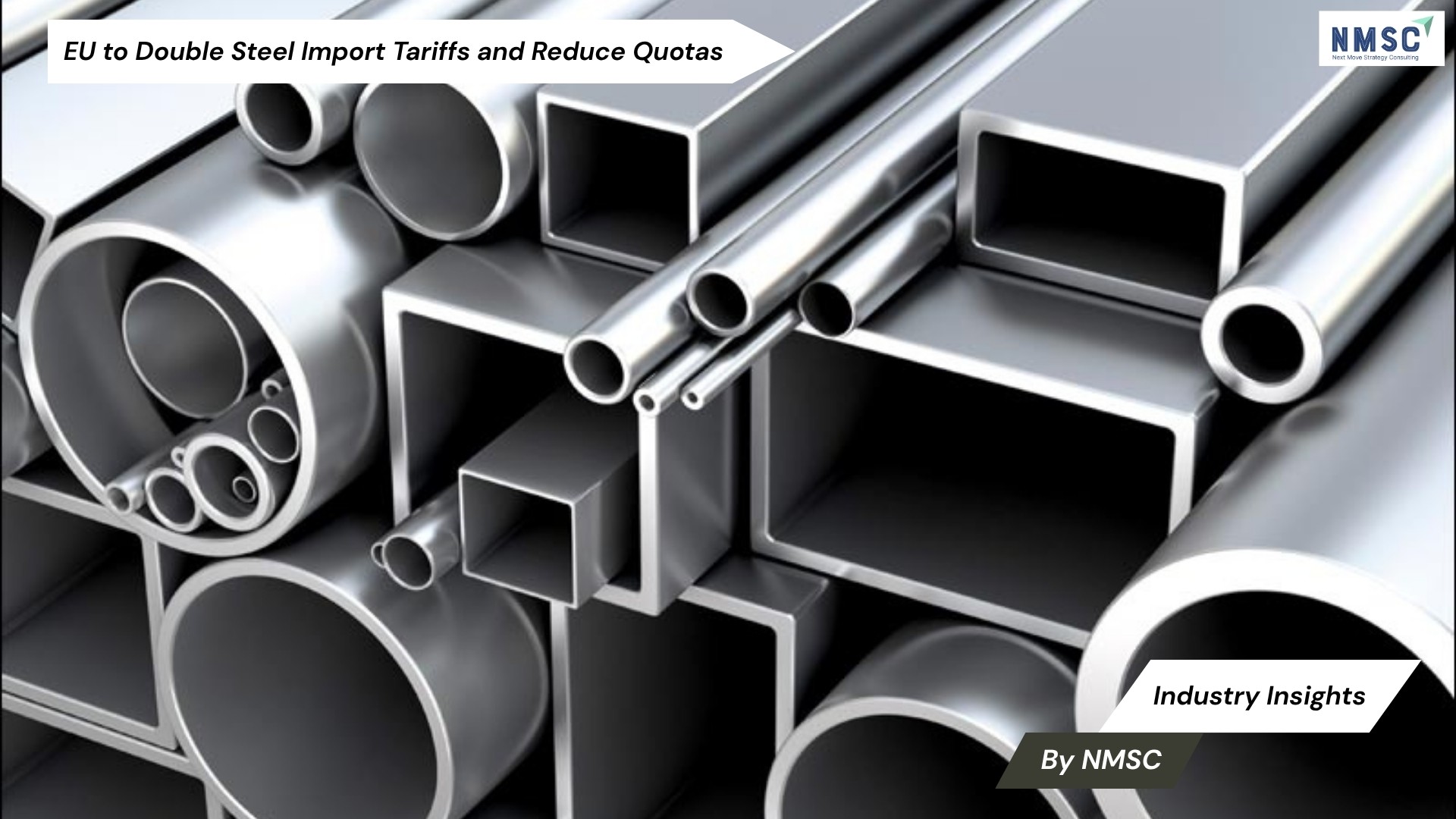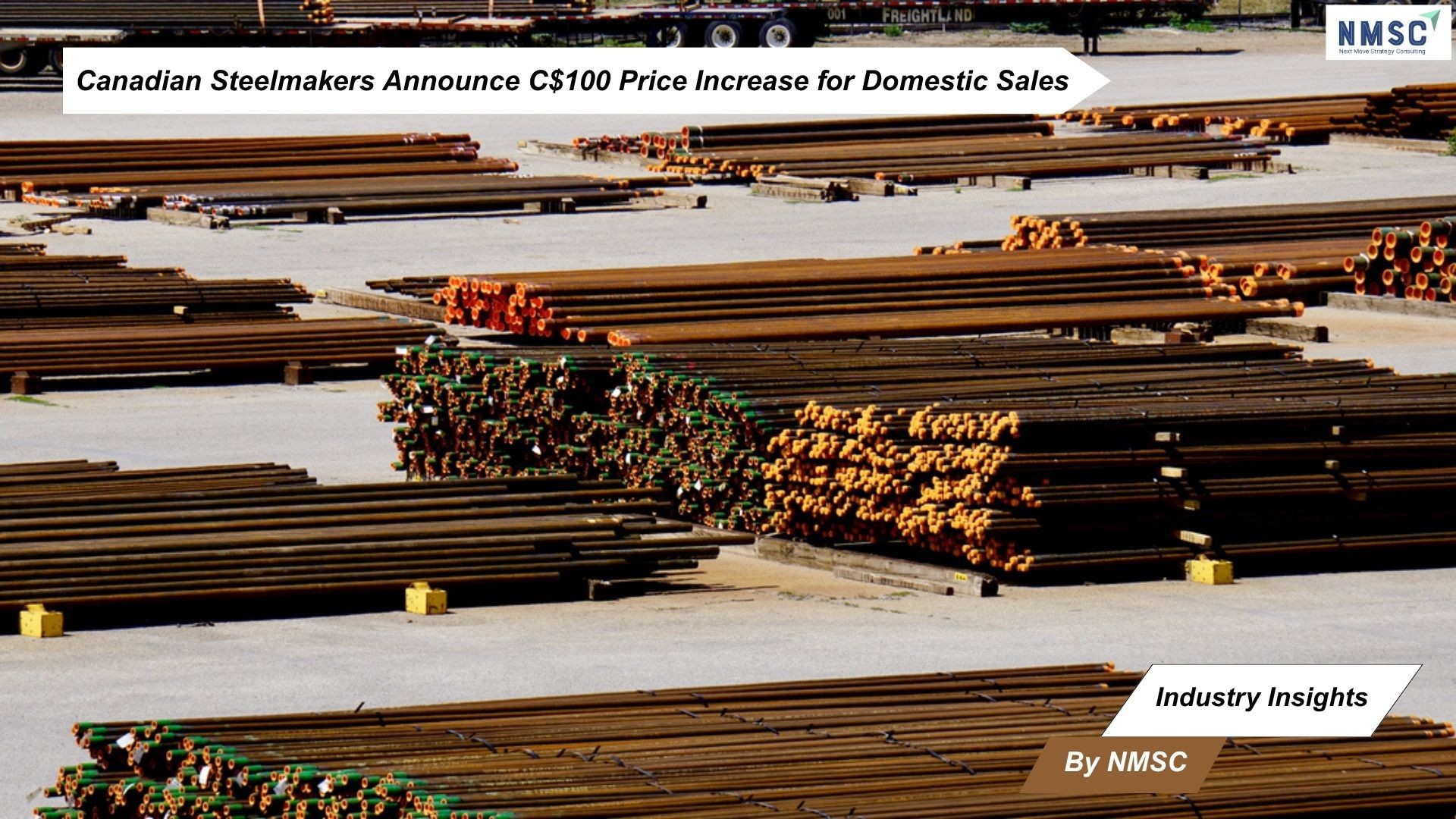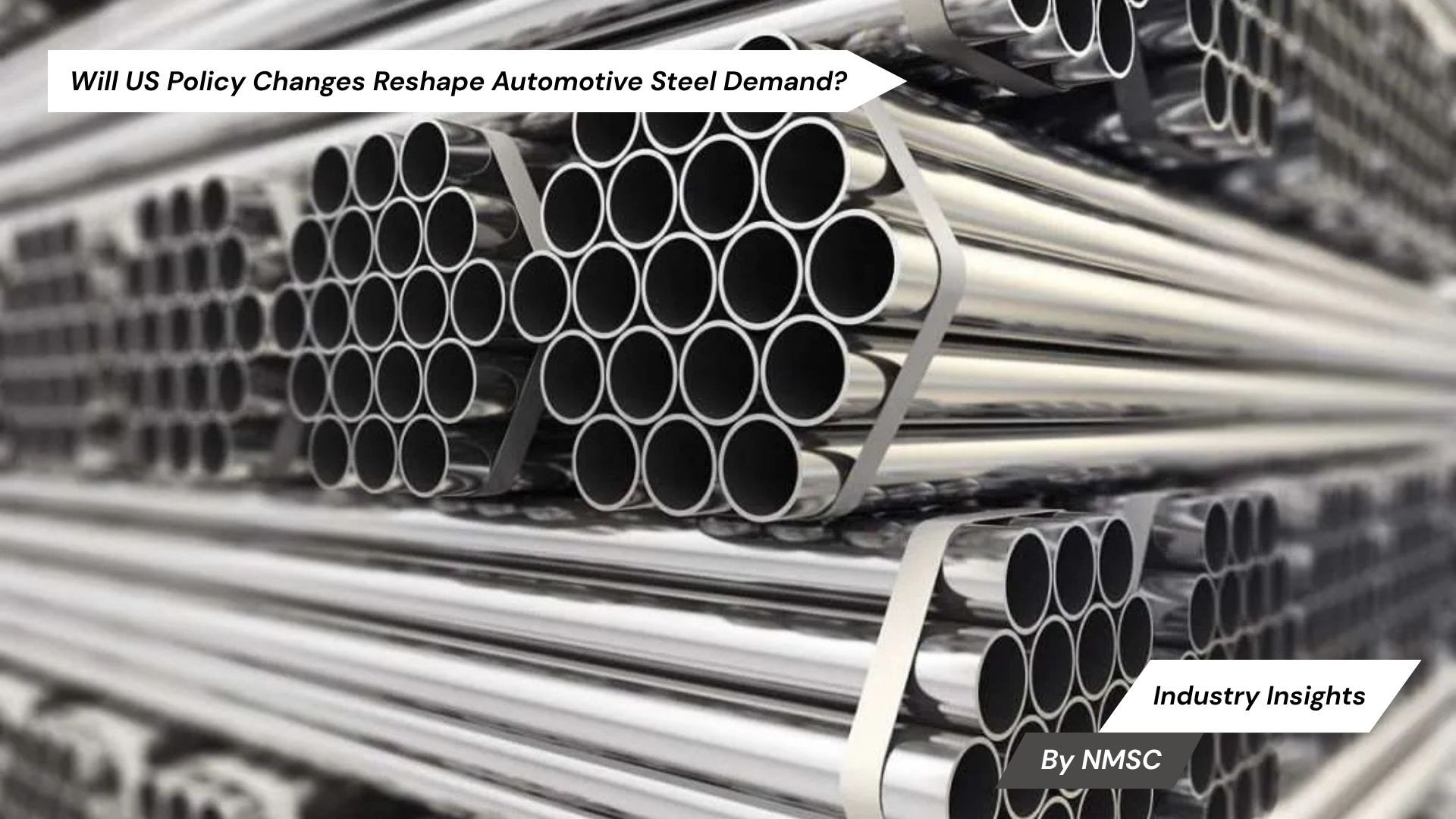EU to Double Steel Import Tariffs and Reduce Quotas
Published: 2025-10-03

Industry Insights from Next Move Strategy Consulting
The European Union has announced a decisive shift in its trade policy by planning to double steel import tariffs to 50 percent while simultaneously reducing quota volumes. This development marks one of the most significant interventions in the region’s steel sector in recent years, underscoring a heightened focus on protecting domestic industries against intensifying global competition.
A Major Turn in EU Steel Trade Policy
For years, Europe’s steel producers have faced mounting pressure from lower-cost imports, fluctuating global demand, and persistent market volatility. The EU’s decision to substantially increase tariffs and limit import quotas represents a direct move to counteract these challenges.
By doubling the import tariff, the EU aims to create stronger barriers against cheaper inflows that often-undercut European production. At the same time, reducing the quota volumes places additional restrictions on how much foreign steel can enter the market at preferential rates. Together, these measures form a dual-layer strategy to stabilize the European steel ecosystem, strengthen the market balance, and preserve competitiveness for domestic producers.
Implications for Industry Stakeholders
The policy adjustments are expected to have a ripple effect across the steel value chain. Domestic producers are likely to benefit from reduced pressure from imports, potentially regaining lost market share and improving pricing power. Import-dependent businesses, however, may face higher costs and reduced access to supply.
At a broader level, the new framework reflects the EU’s determination to strike a balance between open trade and industry protection, leaning more heavily toward shielding its own industrial base in a shifting global trade environment.
Industry Response and Strategic Outlook
The EU’s announcement is poised to draw significant attention from both domestic and international stakeholders. Industry analysts anticipate that these changes will reshape trade flows, encourage localized production strategies, and prompt reassessments of supply chain dependencies.
While the move may fuel concerns among exporters targeting the European market, it simultaneously positions the EU as a more self-reliant steel ecosystem, less vulnerable to external pricing fluctuations.
Next Move Strategy Consulting’s Perspective
According to Next Move Strategy Consulting, the EU’s decision to double tariffs and cut quotas signals more than just an adjustment in trade policy — it is a proactive restructuring of the regional steel market. The consultancy highlights three strategic dimensions of this development:
-
Resilience over Reliance: By curbing inflows, the EU is strengthening its resilience against external market shocks.
-
Market Realignment: The dual action of tariff escalation and quota reduction realigns the competitive landscape in favor of domestic producers.
-
Long-Term Positioning: This policy shift is likely to influence investment decisions, production capacity planning, and long-term supply chain strategies.
Next Move Strategy Consulting further notes that such interventions reflect a broader global trend of tightening trade barriers to secure industrial competitiveness. In the steel sector, where margins are sensitive to import-driven pressures, these measures are poised to redefine how European producers and importers approach strategic planning.
Redefining Europe’s Steel Trade Landscape
The EU’s latest policy move marks a turning point in its steel trade approach. By aggressively raising tariffs and limiting quotas, European regulators are signaling a strong stance on protecting critical industrial sectors.
This development not only reshapes the dynamics of steel trade in the region but also reinforces the EU’s long-term commitment to building a robust domestic industrial framework. For industry leaders and stakeholders, the path ahead will involve adapting strategies to a new era of heightened trade barriers and recalibrated market opportunities.
Source: Business Standard
Prepared by: Next Move Strategy Consulting
About the Author
 Tania Dey is an experienced Content Writer specializing in digital transformation and market insights. She creates data-driven content that boosts visibility and aligns with emerging trends. Known for simplifying complexity, she delivers engaging narratives that help organizations stay competitive.
Tania Dey is an experienced Content Writer specializing in digital transformation and market insights. She creates data-driven content that boosts visibility and aligns with emerging trends. Known for simplifying complexity, she delivers engaging narratives that help organizations stay competitive.
About the Reviewer
 Sanyukta Deb is a skilled Content Writer and Digital Marketing Team Leader, specializing in online visibility strategies and data-driven campaigns. She excels at creating audience-focused content that boosts brand presence and engagement, while also pursuing creative projects and design interests.
Sanyukta Deb is a skilled Content Writer and Digital Marketing Team Leader, specializing in online visibility strategies and data-driven campaigns. She excels at creating audience-focused content that boosts brand presence and engagement, while also pursuing creative projects and design interests.
















Add Comment